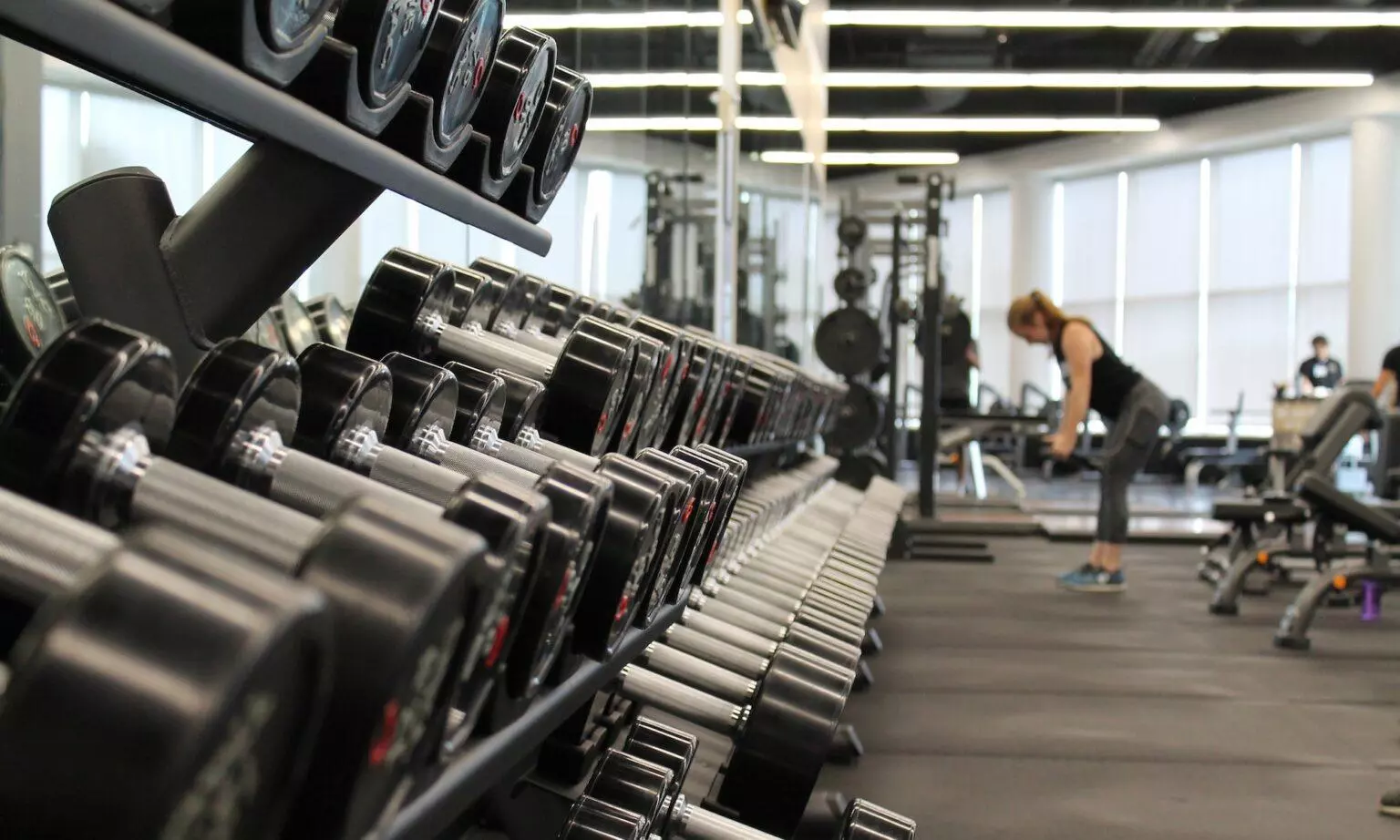Black Friday arrives with the kind of deals that turn a shopping list into a training plan. For busy athletes and beginners alike, this guide gathers the most reliable Editor’s Picks across Fitness apparel, Workout Gear, and Health Tech. Expect savings on trusted names from Apple to Amazon, plus targeted advice to help you spend …
Continue reading “Top Black Friday Fitness Finds: Shopping Editor’s Picks from Apple to Amazon”










